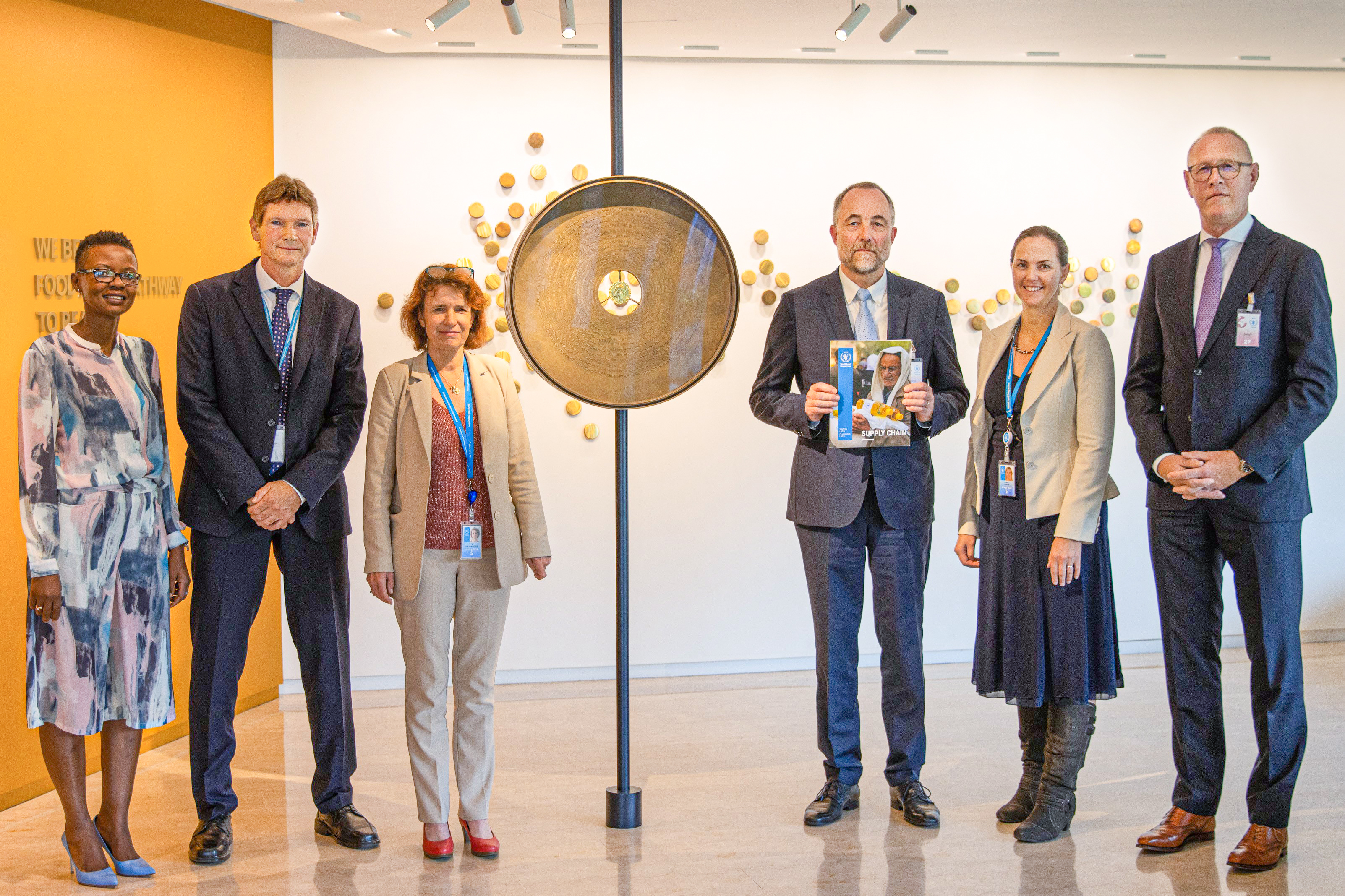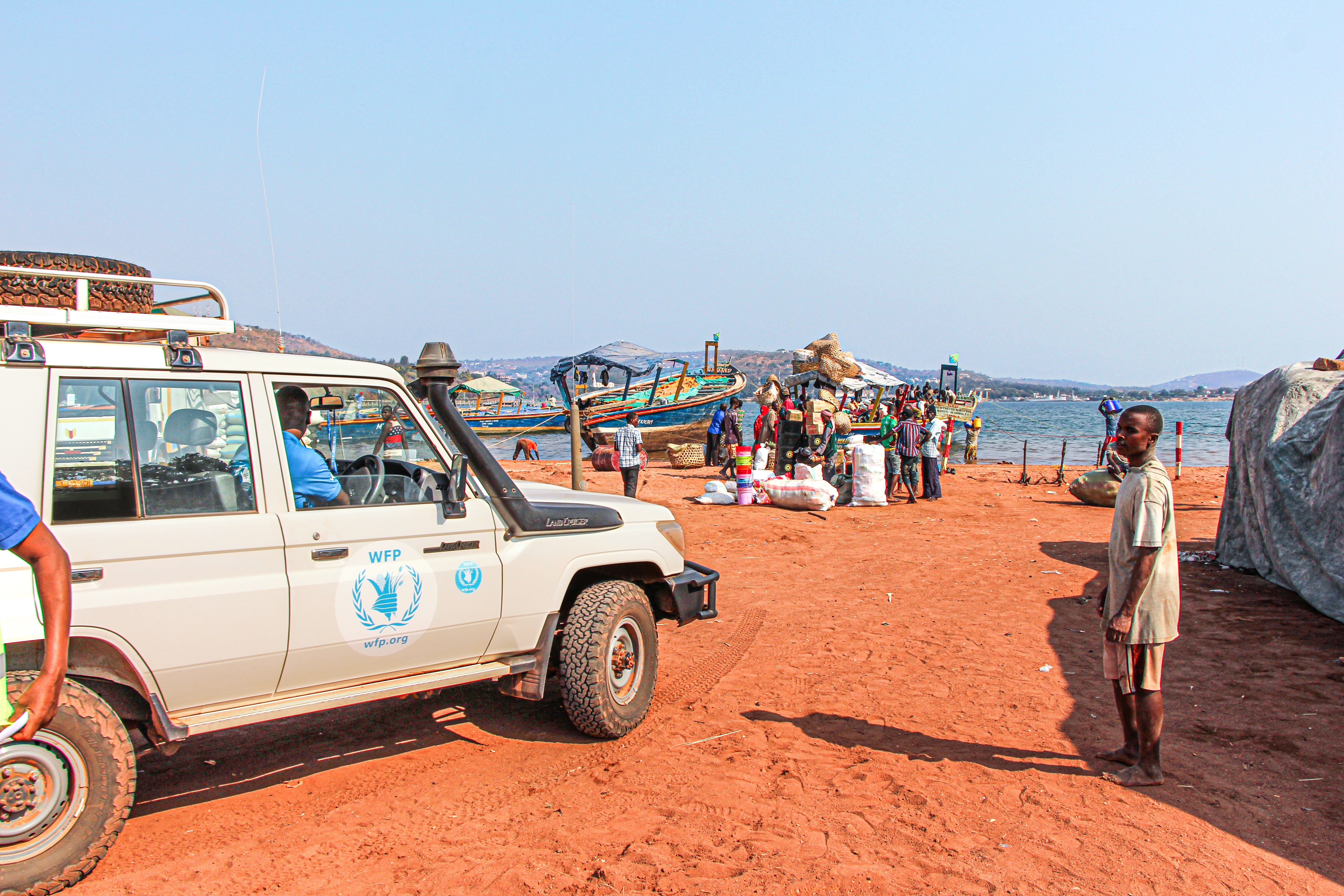PEACE, JUSTICE AND STRONG INSTITUTIONS
Finding the best possible or sometimes the only way – that is how we support the world’s largest humanitarian organization. Our colleagues have traveled to and inspected 21 locations in recent years, contributing their logistics expertise to ensure that relief supplies reach their destination quickly and safely.
UN goal
Promote peaceful and inclusive societies for sustainable development, provide access to justice for all and build effective, accountable and inclusive institutions at all levels

Implementation at BLG
We want to play our part in ensuring that societies function for the benefit of all and that laws are complied with. To this end, we have established appropriate guidelines, codes and control mechanisms and also make sure the accompanying standards are applied along the entire supply chain. In addition, we contribute our expertise to help maintain basic supplies in conflict regions or in the aftermath of disasters.

Supplying crisis-ravaged regions with food and other relief supplies is crucial for the people living there, indeed in many cases it is essential for their survival. To enable humanitarian aid organizations to fulfill this complex mission, stable supply corridors are among the key factors. For the past ten years, we have been supporting the United Nations World Food Programme (WFP) with the free provision of logistics expertise by inspecting and assessing the quality of ports, rail lines and warehouses.
In October 2022, we extended our support for the WFP by signing a Standby Partnership Agreement, making us one of 28 official partners worldwide whose technical expertise the WFP can rely on in emergencies. Day in, day out, the world’s largest humanitarian organization has 5,600 trucks, 100 aircraft and 30 ships in operation to ensure relief supplies reach people in crisis regions. We are proud to be a small cog in this machine.
Our colleague Ferdinand Möhring regularly travels the globe and provides the WFP with situation assessments at vital hubs. His latest mission took him to northeast Africa, where his task was to assess the access corridor to Ethiopia. Frequently affected by droughts accompanied by acute food shortages, the country has 120 million inhabitants, but no direct access to the sea. Supplies primarily come through the ports in neighboring Djibouti, which as central transshipment points are indispensable for the smooth flow of goods. This was also the case in November 2022, when 25,000 metric tons of wheat had to be transported to Ethiopia. Thanks to Ferdinand Möhring’s groundwork upfront, it was clear in a moment of great urgency which rail connections, roads and grain silos were accessible.

